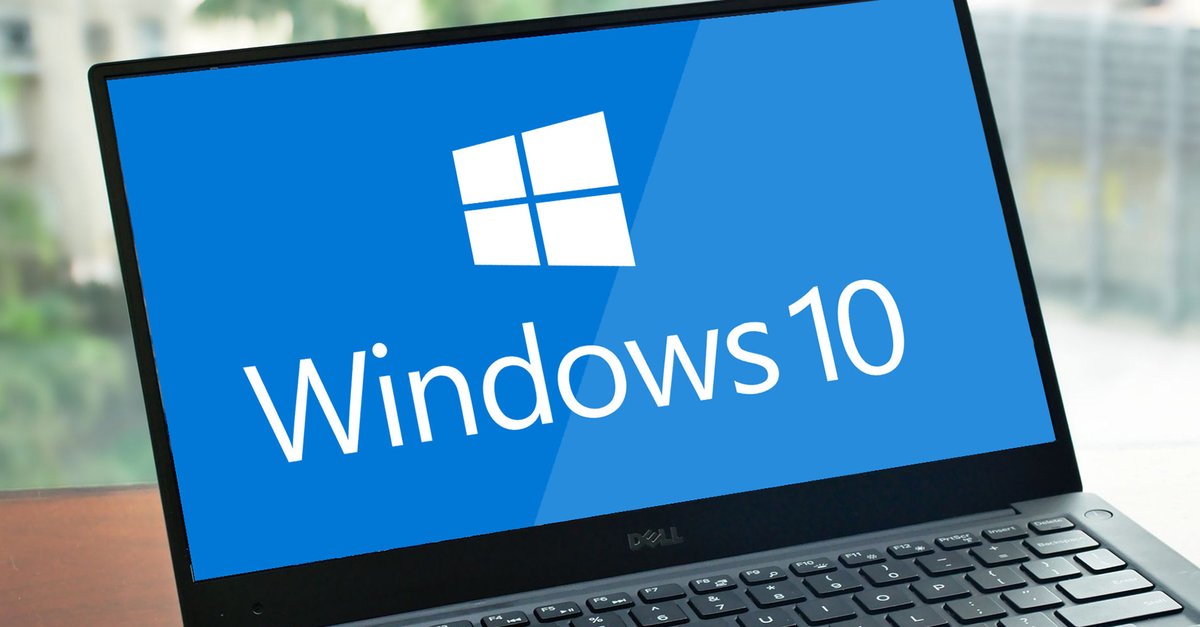Virtual private networks should no longer be private
American film studios are suing VPN providers over the possibility of setting up a virtual private network (VPN). That could at least be used for copyright infringement, so the crude argument.
A group of US film companies want to force the popular VPN service providers ExpressVPN, Surfshark, VPN Unlimited and Zenshark to restrict their VPN services. In the future, they will log all user data and block certain websites that offer copyrighted material illegally from their servers. The plaintiffs also find the possibility of circumventing geographical restrictions via VPN to be unacceptable, for example to watch Netflix films that are not approved for the region of the viewer.
Contents
Does the film industry want to rename VPN to Virtual Public Network?
The film industry is particularly upset by not collecting user data. In this way, the VPN providers would participate in copyright infringements willingly. After all, they could easily track all user data, after all, the services are usually chargeable and only accessible via logins. It is easy to save who, when, where and for how long surfed and what was actually done there. But the VPN providers would delete the data in order to be able to promise anonymity to the customers. That is unacceptable.
The lawsuit filed in a court in the state of Virginia (PDF) is operated by studios that are behind successful films such as “London Has Fallen”, “Hellboy” or “Rambo V: Last Blood” Torrent freak. They demand a lot from the VPN service providers.
On the one hand, the service providers are supposed to pay damages because they have at least made themselves complicit in any wrongdoing by failing to do so. On the other hand, the VPN services are supposed to block well-known websites – such as The Pirate Bay – that offer protected content illegally. After the user data has been saved, the providers should block users for whom three different reports of copyright violations have been received within 72 hours.
The VPN services are unlikely to be accommodating
It is unlikely that the VPN services will accept the demands, but there has not yet been an official response. An essential point of defense is that the VPN service providers do not delete the user data, but rather that they do not collect it in the first place. That in turn is likely to be in the nature of the matter for the court seised. Because a connection that is encrypted so that it cannot be compromised from the outside makes no sense if it can be subsequently compromised from the inside by reading out the browser history.
The film industry has chosen VPN providers as the new enemy in the fight against piracy. In June she even sued the VPN providers’ hosters. They are not allowed to make their hardware available for use by VPN services. That leads to complicity. Who’s next? Intel is no longer allowed to sell processors to hosters who could rent their servers to VPN providers? Where is this supposed to end?



